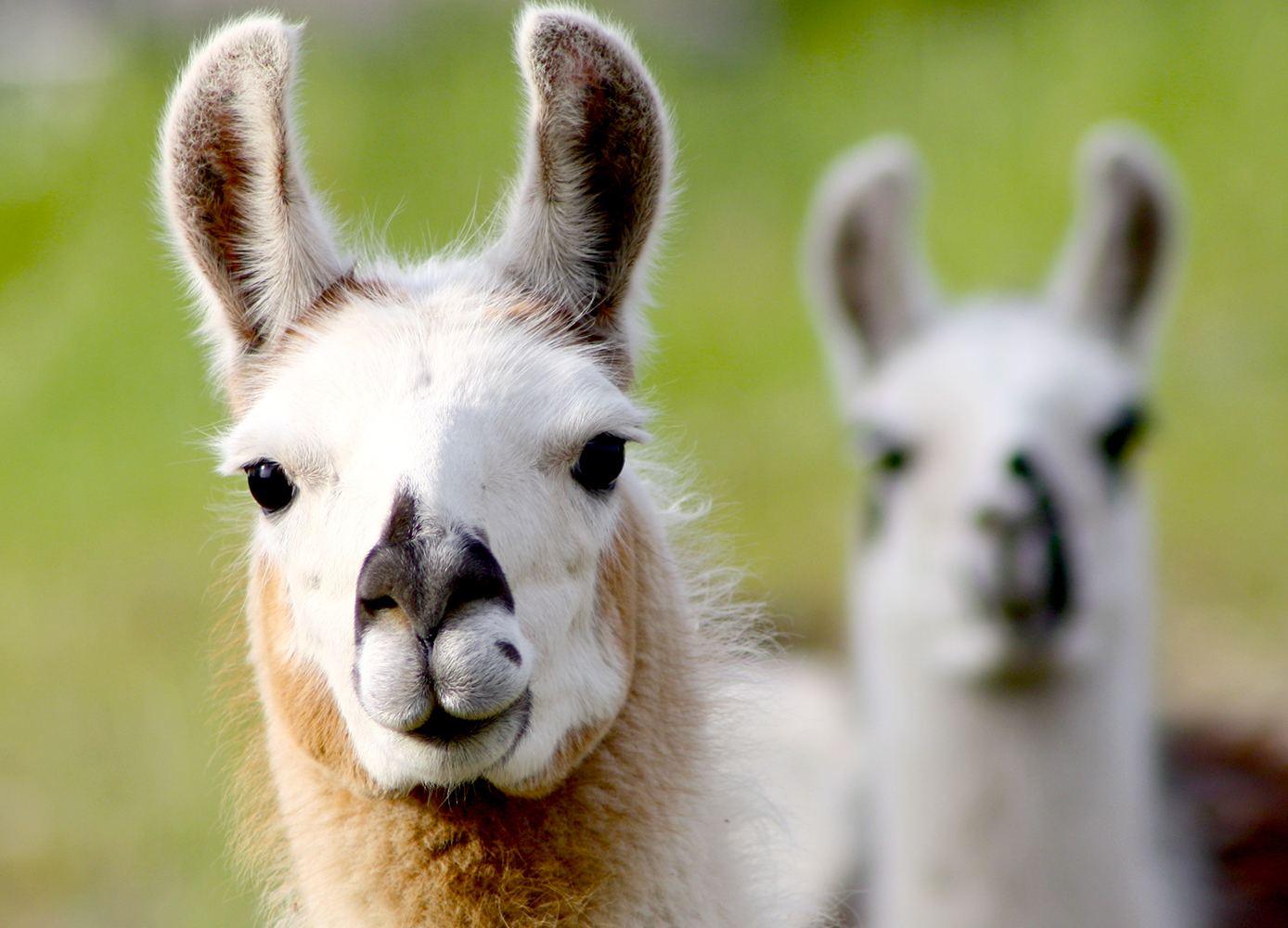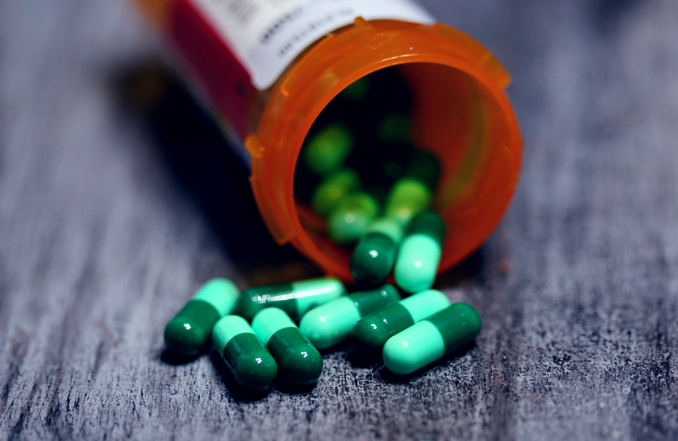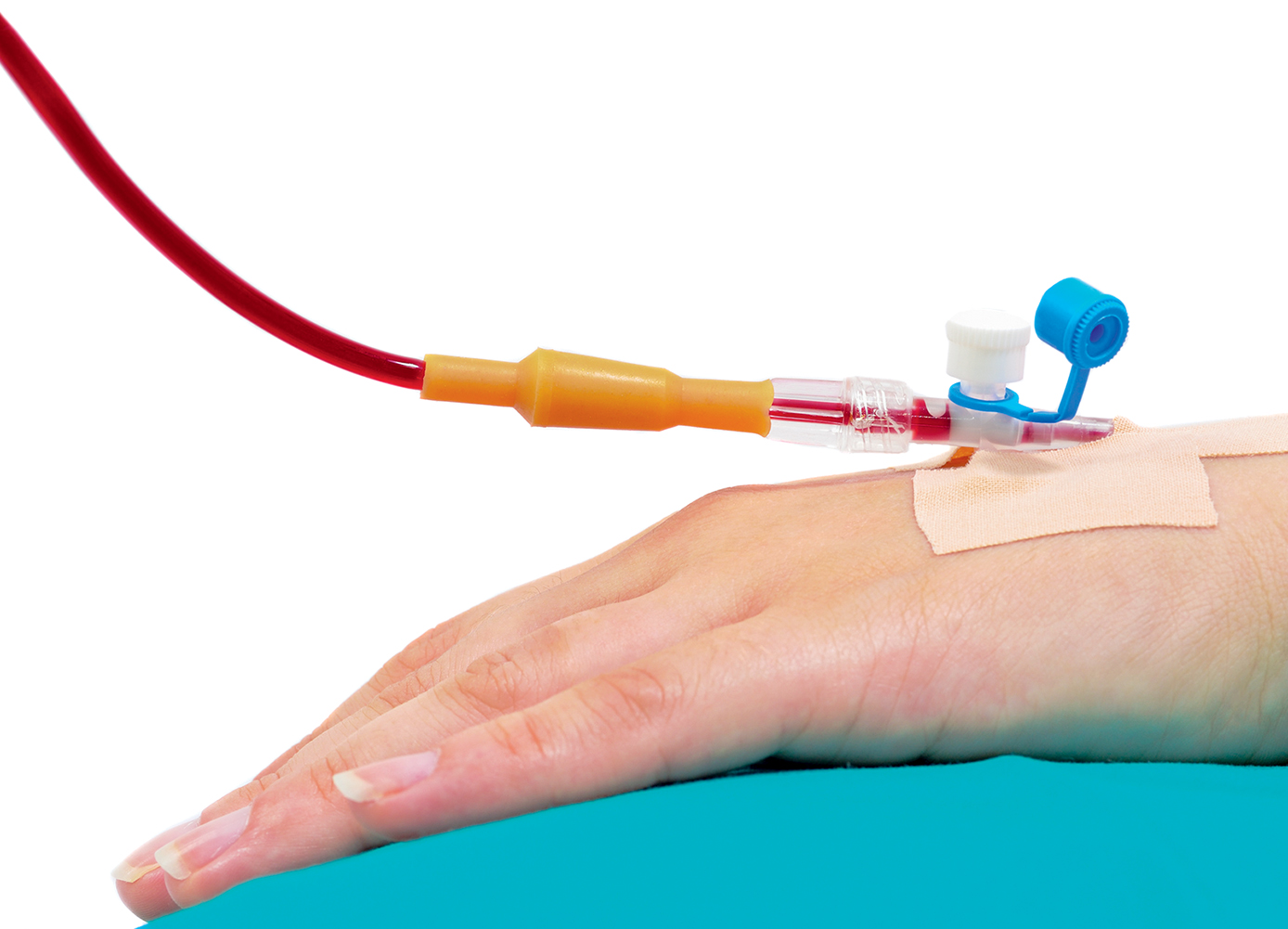How llamas and alpacas react to the virus may provide the basis of a treatment
By Caitlin Finlay
Tiny antibodies produced by a llama may help prevent COVID-19 infections in humans, according to a new study from scientists with the US National Institutes of Health (NIH).
NIH researchers have been studying llamas, alpacas, and other members of the camel family to determine if they can produce nanobodies—which are much smaller than human antibodies—to fight the SARS-CoV-2 spike protein that leads to COVID-19 infections. Nanobodies are produced naturally by the immune systems of sharks and animals within the camel family, and scientists had already been studying the use of camelid nanobodies in the prevention and treatment of HIV, SARS, cancer, and Alzheimer’s disease. While medical research has traditionally relied on antibodies, nanobodies have become popular because they’re more stable and less expensive to produce than regular antibodies.
The nanobody’s job is to identify and latch on to—“bind” to—the spike proteins on bacteria and viruses to prevent infections. Because they’re so much smaller—weighing about 10 times less than human antibodies—nanobodies can more easily penetrate a virus’s spike proteins than can human antibodies. In the case of the coronavirus, the nanobodies would bind to the SARS-CoV-2 spike protein, preventing it from causing an infection.
The use of nanobodies for COVID-19 prevention is especially promising because nanobodies can be administered by means of an aerosol to protect the lungs and airways, the most common entry point for the COVID-19 infection.
Reporting their results in December 2020 in the journal Scientific Reports, the NIH researchers were able to create nanobodies by injecting a llama named Cormac with the SARS-CoV-2 spike protein. When scientists tested the nanobodies Cormac produced, they found that one was effective at preventing COVID-19 infections in petri dishes.
“Although we have a lot more work ahead of us, these results represent a promising first step,” said Thomas J. Esparza, the lead researcher and a neuroscientist at the NIH’s National Institute of Neurological Disorders and Stroke. “We are quickly moving forward to test whether these nanobodies could be safe and effective preventative treatments for COVID-19. Collaborators are also working to find out whether they could be used for inexpensive and accurate testing.”
Swedish researchers reported similar results in September 2020 using nanobodies produced by an alpaca named Tyson.
“Our results show that Ty1 [the nanobody named for Tyson] can bind potently to the SARS-CoV-2 spike protein and neutralize the virus,” said Ben Murrell, co-senior author of the study, which was published in Nature Commuications.
The scientists say they hope that Ty1 can one day be used a treatment for COVID-19.
Photo: iStock/jensenwy.






